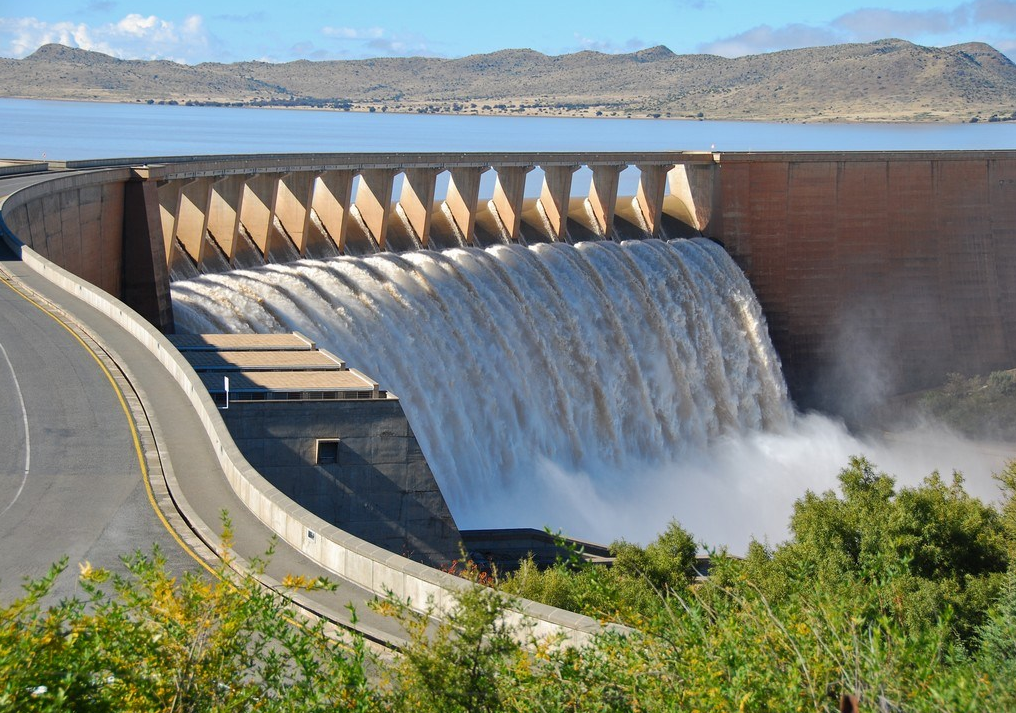Research group IBON joined other concerned groups and advocates to launch a network opposed to the the Kaliwa, Kanan, and Laiban dam projects of the Duterte administration. The group said that large dams do not deliver their promised benefits and are harmful to communities. Filipinos will be saddled with higher taxes, to pay for their construction, and with high water, power and irrigation user fees.
Large dams are among the infrastructure projects targeted under the Duterte administration’s Build, Build, Build (BBB) program. BBB projects will be funded by private foreign investments, local oligarchs, and official development assistance (ODA). Many projects will be hybrid public-private partnerships (PPP) where the government builds the infrastructure, often with ODA, which the private sector will then operate and maintain. IBON said that this will greatly increase government debt.
The Kaliwa, Kanan and Laiban dams under the New Centennial Water Source Project (NCWS) are meant for the water and power supply needs of Metro Manila and to irrigate nearby farms.
Yet water, power and irrigation remain expensive despite decades of building large dams, IBON said. Water rates continue to rise with, for instance, Maynilad increasing its rates by Php5.73/cubic meter (cu.m.) and Manila Water by Php6.22-Php6.55/cu.m. over the next four years. The Philippines still has the second highest electricity rates in Asia after Japan. Farmers continue to pay irrigation fees despite the Duterte government’s declaration that this will be free.
User fees are high and accessibility remains a concern, said the group. According to the 2016 Annual Poverty Indicators Survey (APIS), about 8.6% of families still do not have electricity in their homes. Meanwhile, 16.8% of families still have no access to a safe water supply, with only 49.4% having water piped into their dwellings. The rest still fetch water away from their houses. Only 60.4% of total irrigable lands have irrigation systems in place as of December 2017.
Large dams have displaced communities and harmed the environment, said IBON. The construction of the Kaliwa and Laiban dams will displace around 6,214 households and flood barangays in Tanay, Rizal and General Nakar, Quezon. Majority of the affected are the Dumagat and Remontado indigenous peoples. Agricultural and forest lands and wildlife habitats inside the Kaliwa Watershed Forest Reserve, an environmentally critical area, will also be flooded.
Filipinos, especially Metro Manila residents, will pay for the NCWS dams through taxes and even higher user fees than today, said the group. As it is, 70% of revenues from the Tax Reform for Acceleration and Inclusion (TRAIN) Law will be used to pay for BBB infrastructure projects.
The Php12.2 billion Kaliwa Low Dam will be 85% funded by China ODA. China ODA however has onerous conditions and its high interest rates of as much as 3% make it more like a commercial loan, said IBON. This is unlike Japanese ODA which are concessional loans with much lower interest rates. China may also require the government to collateralize state assets in case of a loan default.
IBON also pointed out the lopsidedness of the loan agreement with the Philippines virtually surrendering its sovereignty to China. For instance, the loan agreement for the China-funded Chico River Pump Irrigation Project will be governed by the laws of China and any disputes will be settled in a Chinese international arbitral court. The Duterte government also waives its immunity as a sovereign power.
IBON said that NO to NCWS is timely and necessary because of the government’s BBB infrastructure offensive. The group said there are alternatives to building large dams for profit. This includes sustainable community-based water and energy systems. Infrastructure should also support real development of domestic agriculture and Filipino industries. ###

